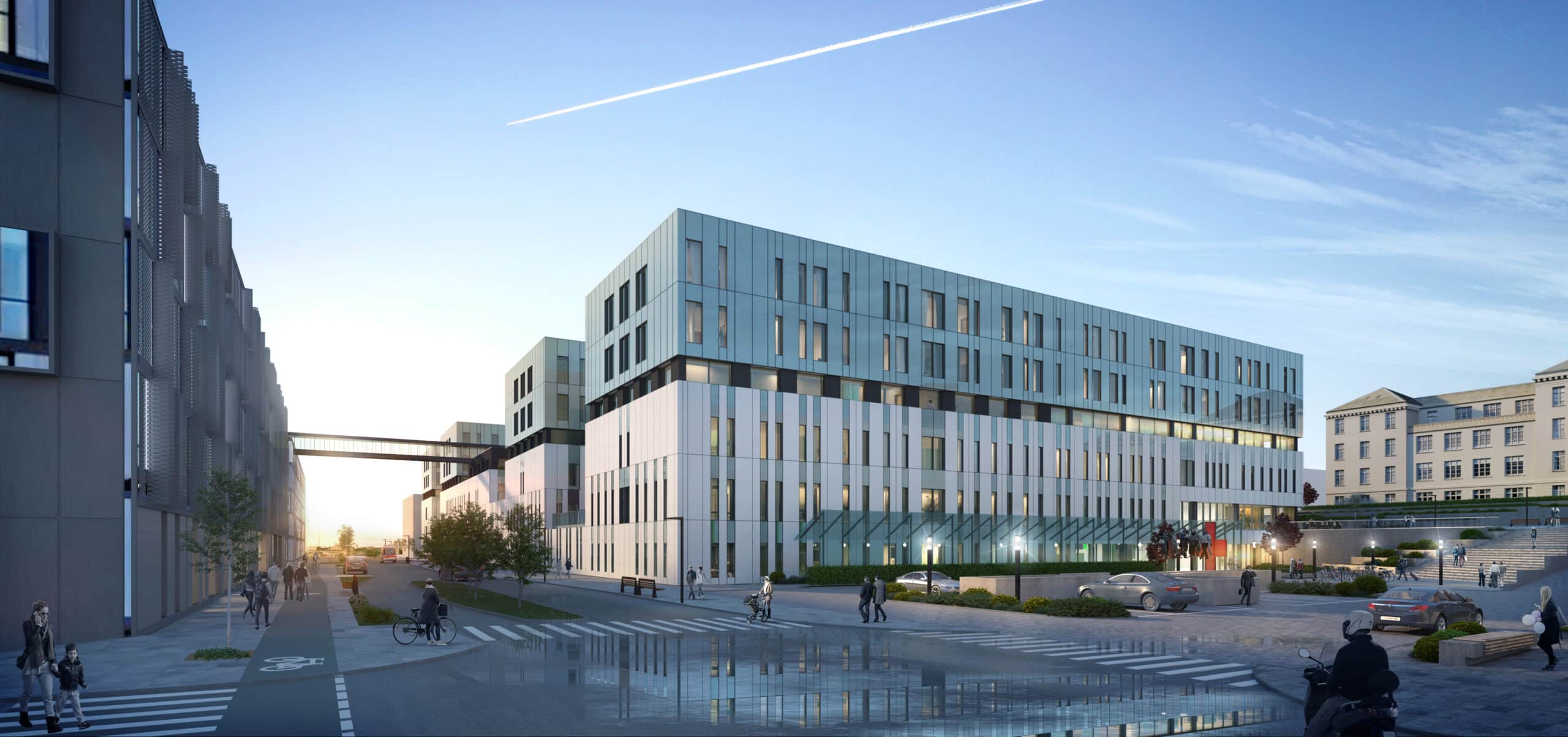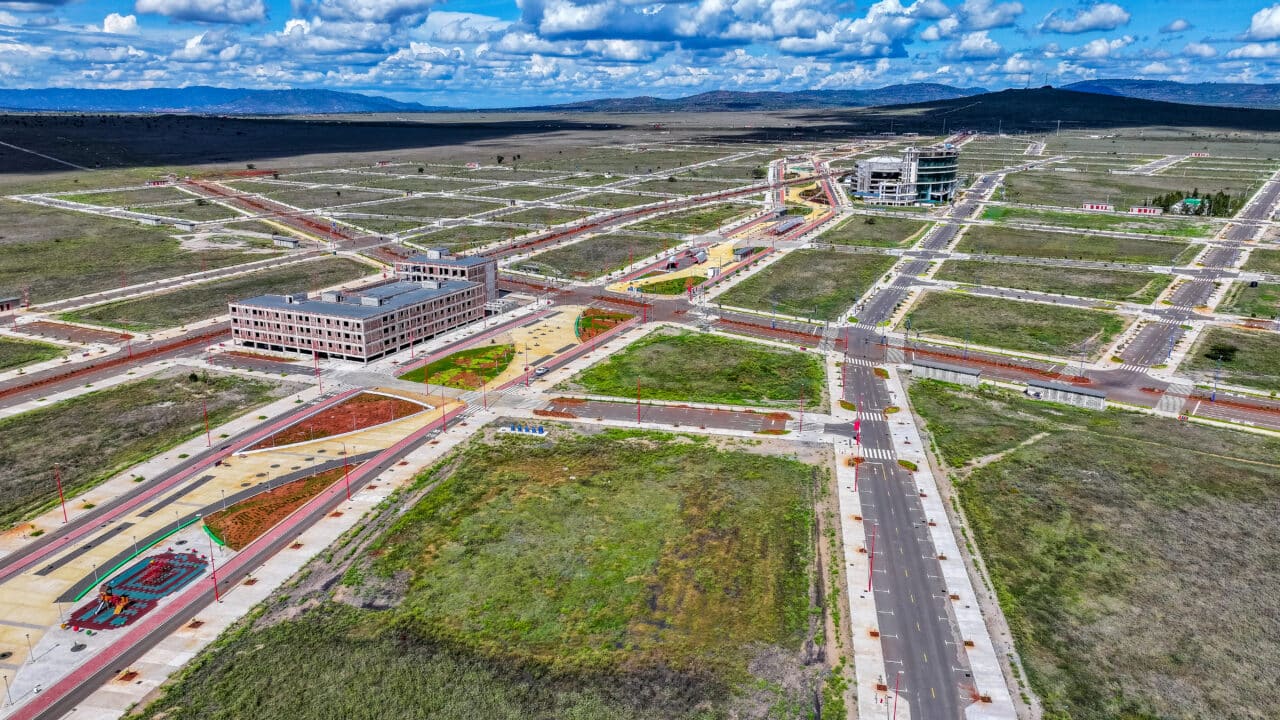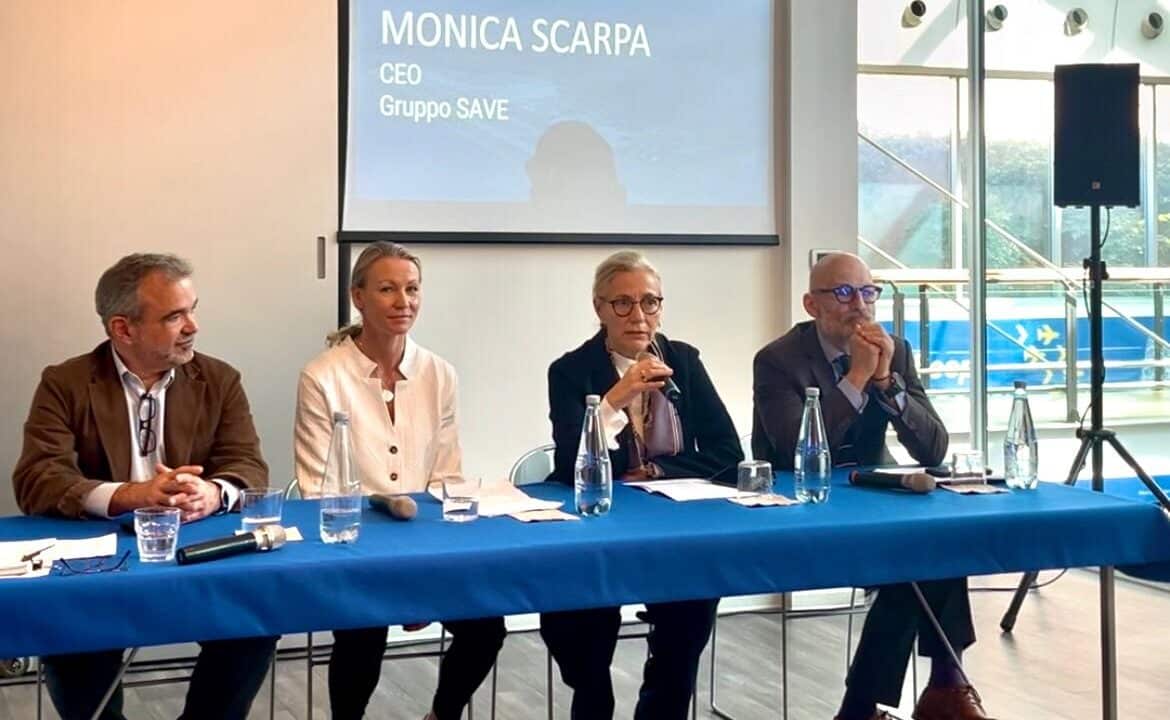Stockholm. 13 December 2021 – Envac, the pneumatic waste collection system that is shaping smart cities’ waste strategies worldwide, is about to make a permanent visit to Reykjavik’s main hospital after winning the contract to install its technology in the New Landspitali Hospital (NLSH).
NLSH is building an extension of the iconic and longstanding Landspitali Hospital, The National University Hospital of Iceland. Around 70 per cent of Icelandic children are born at the institution, which dates back to 1930.
The decision to appoint Envac will see the Swedish-based firm’s globally renowned technology manage three waste fractions including general waste, dry recyclables and hospital linen across a newly built extension covering a 100,000m2. Plans to connect up to 50,000m2 of the hospital’s existing buildings to the system are also underway.
On completion the system will handle 2,050 tonnes of general waste and 158 tonnes of recyclable waste each year. It is thought that around 2,190 tonnes of hospital linen will also be collected in a move that will further increase the hospital’s hygiene standards and limit the spread of infectious diseases and viruses.
Creating a contemporary hospital that will not only effectively serve patients, employees and visitors of today, but also those who will use the hospital many years from now, is our ultimate aim. Envac has unparalleled experience of installing this technology within hospital environments, and with its growing portfolio of hospital installations around the world we know that we’re in good hands.
Ingolfur Thorisson, Director of Infrastructure Development at NLSH
As we continue to manage the fallout of a global pandemic, the benefits of pneumatic waste collection technology have never been clearer. Containing waste in a secured pipe network and transporting it via airflow is a way in which to significantly limit infectious diseases. It’s also a practical space release strategy, as NLSH will now be able to allocate more of its additional footprint to delivering essential healthcare services.
Magnus Sjöstrand, Senior Sales Manager and Care Products Specialist at Envac
In choosing Envac, NLSH has taken the step towards futureproofing its hospital environment for many decades to come. Landspitali Hospital has proven itself to be in the vanguard when it comes to creating exceptional healthcare environments and the inclusion of NLSH will only build on this legacy. We’re incredibly proud to have been chosen, delighted to be welcomed by the Icelandic community and look forward to playing a role in writing the next chapter in the hospital’s long and successful history.
Joakim Karlsson, Envac’s CEO
NLSH is expected to be at the forefront of sustainable hospital design and technology when it is fully built-in 2027.
For more information on NLSH, visit https://en.nlsh.is
Ends



